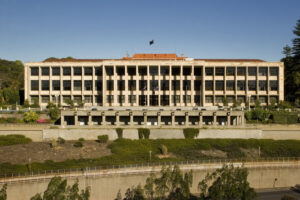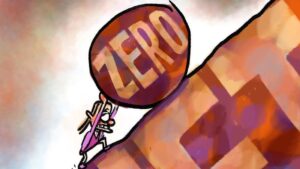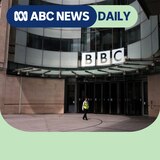
A neo-Nazi rally took place in Melbourne, Australia, on March 18, 2024, raising significant concerns about freedom of speech and public safety. Despite widespread criticism and protests, authorities allowed the event to proceed, igniting a heated debate over the limits of expression in democratic societies.
The rally, organized by a group known for its extremist views, attracted a counter-protest from various community organizations and individuals opposed to hate speech. Tensions escalated as participants from both sides gathered in the city’s central areas, prompting a substantial police presence to maintain order.
Authorities Speak on the Decision
Victoria Police defended their decision to permit the rally, stating it was a matter of upholding the right to free assembly. In a statement, the police emphasized their commitment to ensuring safety while respecting the legal rights of all citizens. They noted that while they condemned the ideologies represented at the rally, the law mandates that peaceful protests be allowed to occur.
Critics, however, argue that allowing such rallies normalizes hate speech and poses risks to public safety. Community leaders voiced their concerns during a press conference ahead of the event, calling for stronger measures against hate groups.
Public Reaction and Protests
The response from the public was swift, with thousands participating in organized counter-protests. Many carried signs condemning racism and promoting inclusivity. “We will not stand by while hate speech is given a platform,” stated one protester, emphasizing the community’s commitment to fighting discrimination.
According to reports from Guardian Australia, the atmosphere remained tense throughout the day. While no major incidents occurred, several confrontations were reported, highlighting the delicate balance between free expression and public safety.
Authorities are now reviewing the events of the day, assessing both the police response and the impact of the rally on community relations. As discussions continue, many are left questioning how societies can effectively manage the fine line between protecting free speech and preventing the spread of extremist ideologies.
The incident has reignited debates about the role of law enforcement and government in regulating hate speech and its manifestations in public demonstrations. As Melbourne grapples with these issues, the conversation surrounding free speech and its limits is likely to persist.







